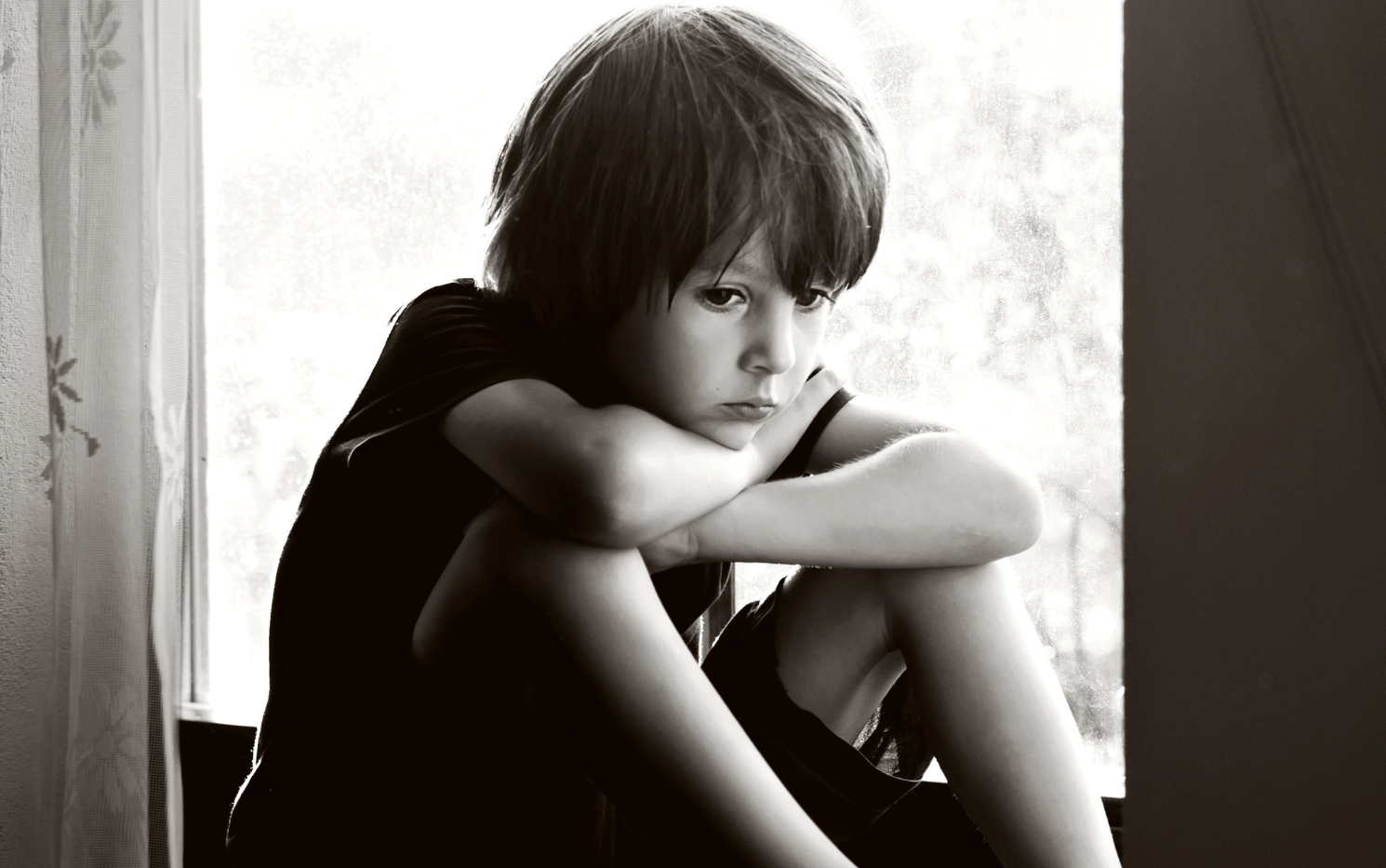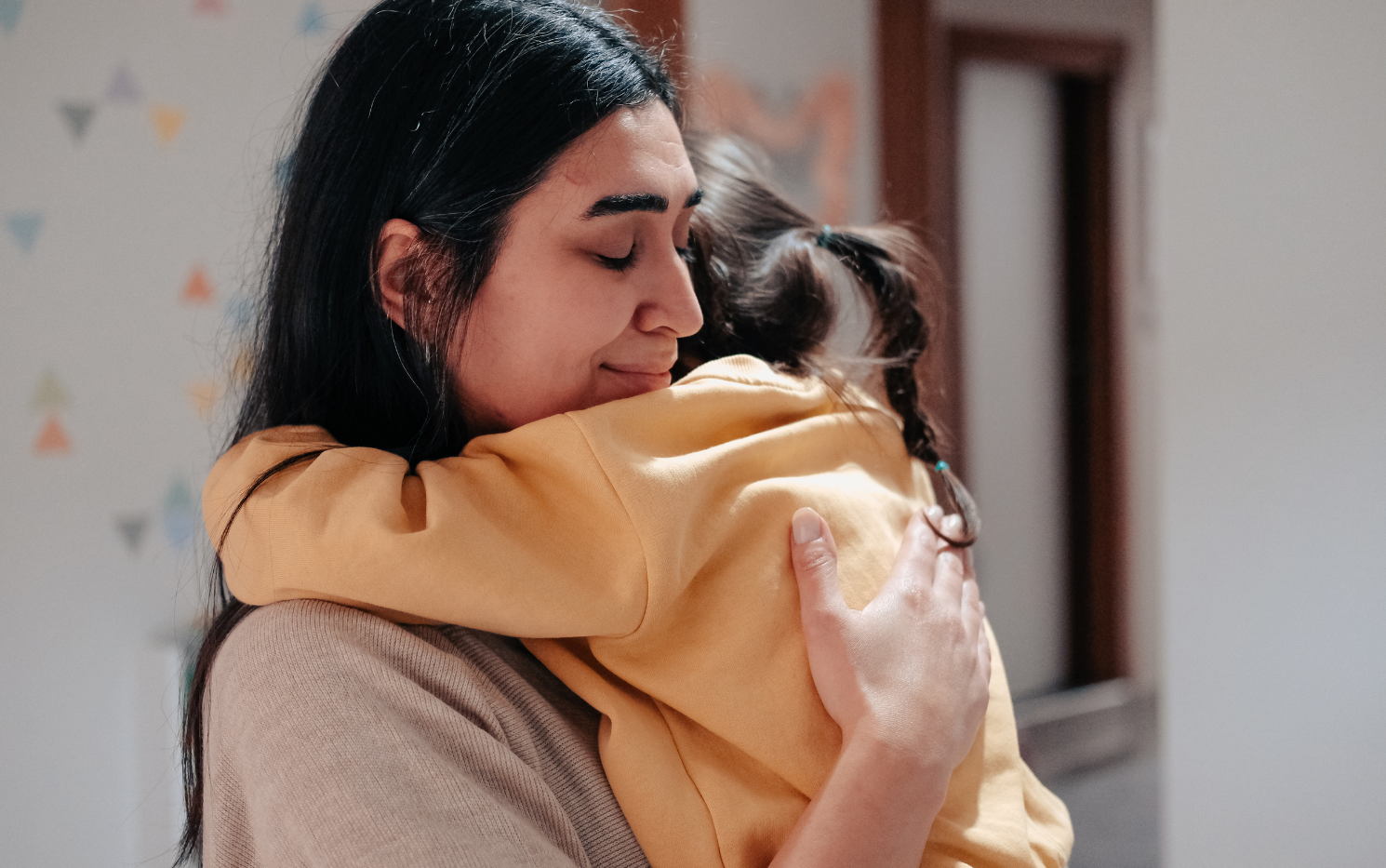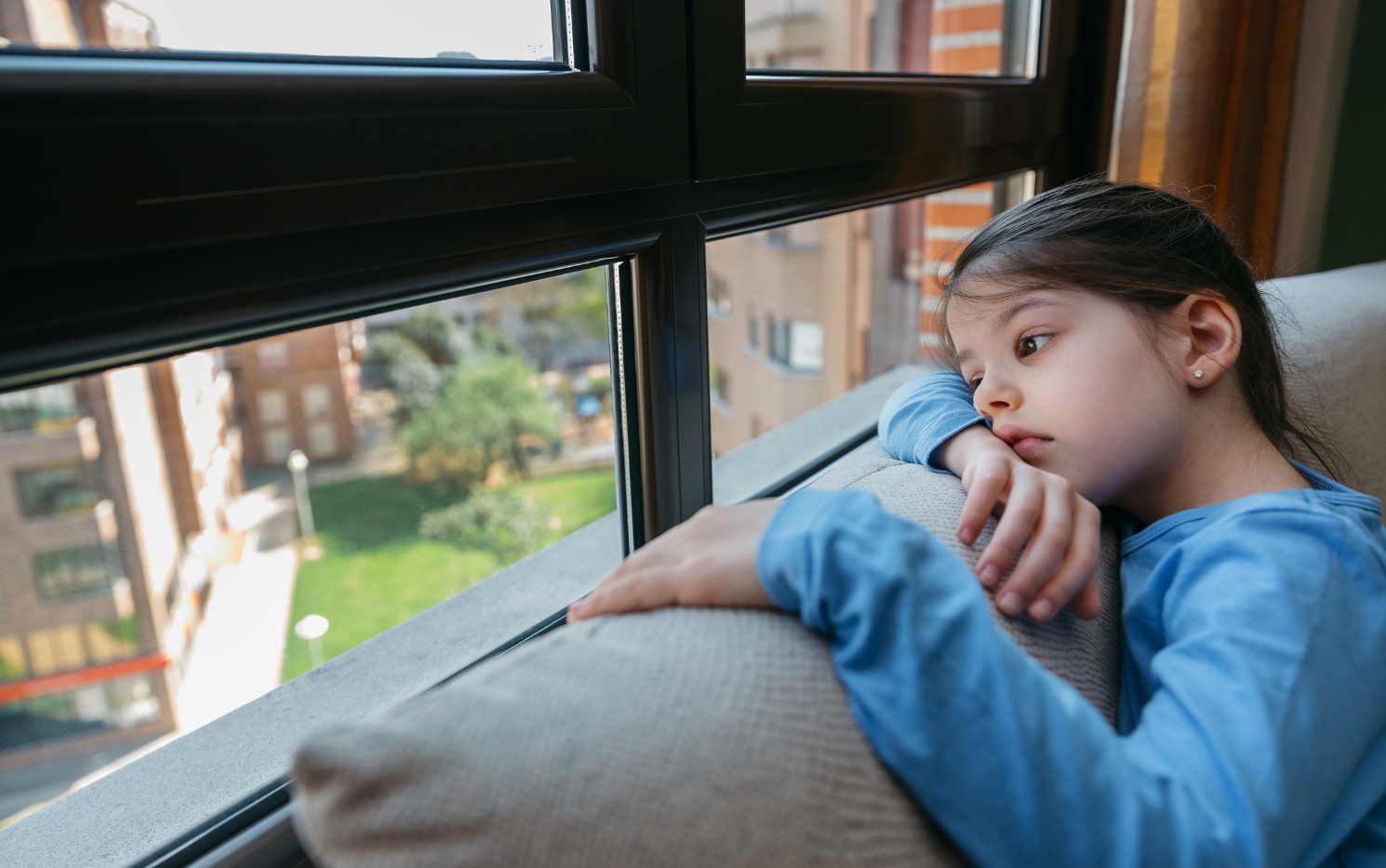Meta desc
As humans, loss is very personal to each of us. The pain of losing a loved one is often unbearable. Our way of processing this grief is also very individual and personal. An adult may process grief differently from a child or a teenager.
For instance, a single parent with two kids—a four-year-old and a 9-year-old—who just lost their grandfather would go through immense grief as a whole, but each one may perceive it differently.
Our children may feel lost and need us to guide them through such situations. We understand that attending to your loss and also helping your children get through this phase can be difficult. However, approaching them with empathy and affection is essential to empowering yourself and your children.
Keep Reading For More Information on Grief and Children
Children and Grief
Children express and feel grief in a very different way. They might not know how to respond to losing a family member or their beloved pet.
If your children are preschoolers aged 5 to 7, they might even feel that death is reversible, and like a cartoon or a movie, they might see their loved ones again. Unfortunately, dealing with loss is painful for anyone. And if you are a single parent, it might grip you in anger, sadness, and frustration to deal with your children questioning death.
We understand; however, when confused, your child will look up to you for answers. Sometimes, they will not know what to call the feeling that they are going through. It is essential to understand that, though your child might not explicitly show emotions, they are certainly thinking about the loss in the family. You might think they have moved on and are resilient; however, your child may internalise these feelings, so please talk to them about the situation.

Talking to Children about Loss and Grief
Talking to Children about Loss and Grief
As a single parent, we understand your dilemma about how to talk to your child about the loss of a loved one. However, it is in their best interest to let them know by being honest with them. Try the following points with your children to address loss and grief:
Safe Space
Start by creating a safe space for your child to share their feelings. The safe space can be anything; it could be the child’s favourite corner in the house or even a person the child is comfortable with. Or you can even try to converse with the child while doing an activity they like. You can begin by sharing how you feel; this will give them the idea that it is okay to feel those heavy feelings like anger, pain, or grief.
Children can intuitively sense that there is something wrong at home. You might feel that you want to protect your children from grieving. Doing so will make them feel cheated in their lives later. Being honest and talking with them age-appropriately to explain grief is the only solution to letting them see through life.
If your child is too young to understand what’s happening, you can take them through the incident with stories and use props like toys or pretend play. Make sure to talk to them in the language they understand. Let them express their feelings the way they want to. Please do not force your feelings on them.
Listen to your child to help heal them. Be mindful when your child starts opening up about their feelings. Be curious. Ask questions to get a sense of how they feel. Let them know that you are happy to listen to them. It makes the child feel heard and valued. Sometimes, to heal, all we need is a good listener.
Often, when families go through the loss of a loved one, parents tend to put up a mask of strength and act like they are fine, intending to shield their children from pain. They think that crying in front of the child would make the child more vulnerable to pain. So, they may sob alone in a room and suddenly stop when the child enters or pretend to be busy. As parents, you don’t have to hide your true feelings of pain from your child. You can be realistic and express yourself through crying. By this, you help model your child that it’s okay to cry when you miss that person or feel lonely.
Your kid may likely have multiple questions about the topic. Remember, it might also trigger you, so choose well “when” and “how” you want to answer them. Check with yourself first! If you’re ready, respond to them (of course, age appropriately). But if you’re not, that’s fine too. Just let your kid know that you’re not okay at the moment. But you will surely catch up with them once you’re fine.
It’s important to cherish the memories of the deceased loved one and keep their essence alive in the family. Share stories about the person, look at their pictures, and treasure their belongings, which you can go through with your child. Whenever you and your child feel lonely or miss them, you can peek into these memories to help you connect to the person and feel their presence.

Supporting Children During the Grieving Process
- Try to stick to their daily routines. Eating, drinking, sleeping, and playing are great ways to accept reality and move on. Let your child follow what they would do before.
- Be patient while your child heals. Processing grief takes time! They may be at a different pace than yours. Let your child know that taking their time is okay and there’s no rush!
- Breathing can lift emotional pain from your chest. Talk to your child about how breathing exercises can help calm them down through those overwhelming emotions of sadness and grief.
- Teach them to practice “Mindfullness”. Being “mindful” will help them reduce their heaviness and accept those intense feelings with more ease. Let them know it’s okay to witness and not fight those feelings.
- Explain to your children that “Emotions are like waves–they come and go”. Make them aware of the sudden emotions of sorrow, despair or unease that may arise. Some may seem too challenging to handle, while some may not feel so big.
- Take them outside and allow nature to work its magic. Sunshine and fresh air can work wonders on their grieving heart. Outdoor activities in nature can help them relax and ease the otherwise heavy grieving process.
There’s no right or wrong way to grieve. Some may take longer than others to embrace the grief and move ahead. It is okay, as it is your unique journey. Take one step at a time and be there for your child.
You and your child can get through this by being there for each other. Be patient, and give yourself enough time to heal.
Just continue showing up for yourself and your child, as you already have been. And if you ever feel overwhelmed, do not hesitate to seek support from your friends and family or a mental health professional.

Lavina has a strong passion for human psychology and a deep desire to understand the unique challenges faced by parents. Her personal experience as a parent has inspired her to establish Rooting You. Her writing offers comfort and serves as a valuable resource for single parents navigating the challenges of raising children on their own.


